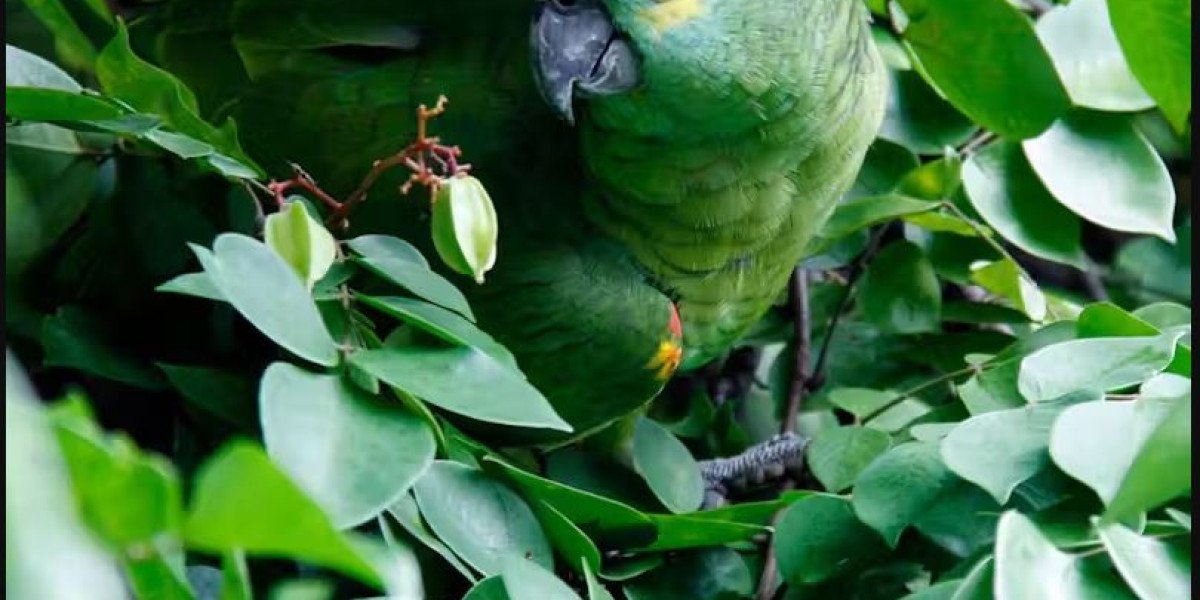The Importance of Animals in Ecosystems

1. Pollinators: The Unsung Heroes of Food Production
Bees, butterflies, birds, and bats help in pollination, which is crucial for the reproduction of many plants. Without them, food crops and wild plants would struggle to survive, leading to food shortages and habitat destruction.
2. Predators: Keeping Prey Populations in Check
Predators like lions, wolves, and eagles help control the population of herbivores, preventing overgrazing and maintaining the balance of ecosystems. Without predators, prey species can multiply uncontrollably, leading to habitat degradation.
3. Decomposers: Nature’s Recyclers
Organisms such as fungi, bacteria, and scavengers like vultures break down dead matter, returning essential nutrients to the soil. This process enriches the earth, ensuring that plants and other organisms continue to thrive.
4. Keystone Species: The Pillars of Their Habitats
Some species have a disproportionately large impact on their environment. For example, elephants help create water holes and shape landscapes, while sea otters maintain kelp forests by keeping sea urchin populations under control.
The Consequences of Losing Animal Species
The extinction or decline of certain species can disrupt entire ecosystems. For instance:
The loss of pollinators leads to reduced crop yields.
The disappearance of predators causes overpopulation of certain species, leading to resource depletion.
The decline of decomposers affects soil fertility and plant growth.
How We Can Help Protect Animals and Ecosystems
Support conservation programs that protect endangered species.
Reduce habitat destruction by promoting sustainable farming and urban development.
Avoid pollution that harms marine and terrestrial wildlife.
Educate others about the importance of biodiversity and how they can contribute.
